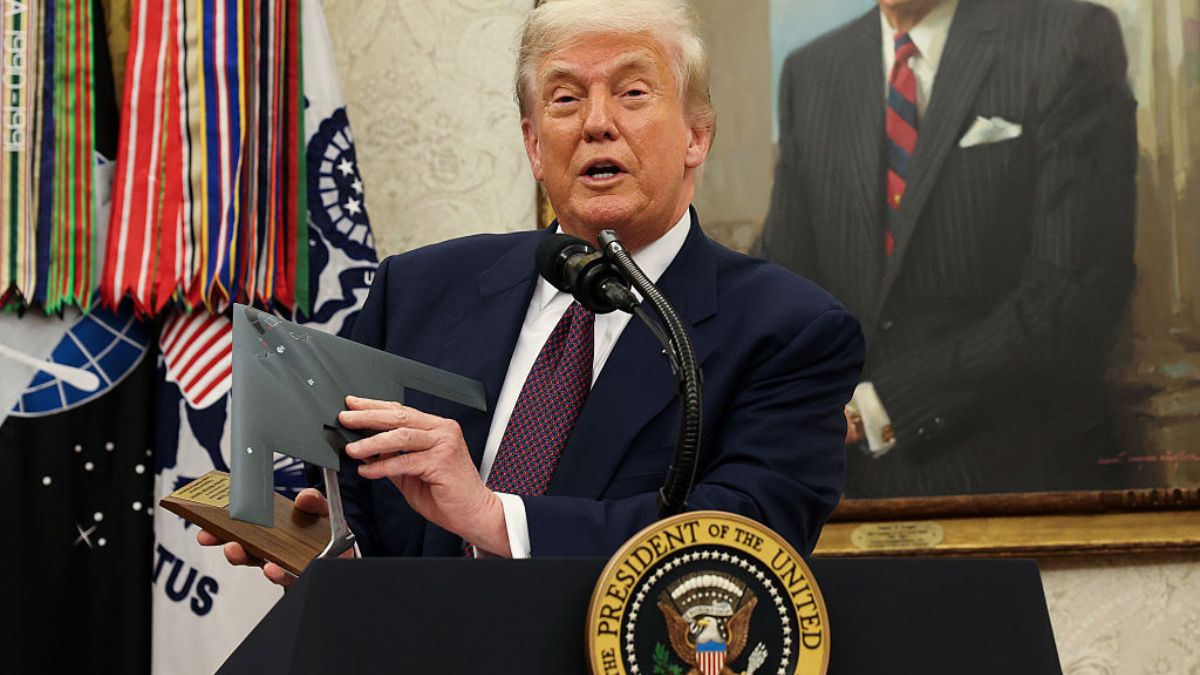
The Trump administration announced Tuesday that immigration officers will now screen applicants for green cards, visas, and other benefits for “anti-Americanism” and antisemitic views. The new policy gives U.S. Citizenship and Immigration Services (USCIS) officers broad power to consider whether applicants have “endorsed, promoted, supported, or otherwise espoused” views deemed anti-American when making decisions about immigration benefits.
The policy expands existing social media screening that began in June 2025 to include searches for “anti-American activity.” USCIS said officers will examine whether applicants have had “any involvement in anti-American or terrorist organizations” or whether there is evidence of antisemitic activity. The updated guidance applies to both new and pending applications for green cards, visas, and citizenship.
“America’s benefits should not be given to those who despise the country and promote anti-American ideologies,” said USCIS spokesperson Matthew Tragesser, according to Fox News. He added that “immigration benefits, including to live and work in the United States, remain a privilege, not a right.” The agency said anti-American activity will be treated as “an overwhelmingly negative factor” when officers make discretionary decisions about immigration cases.
Critics warn policy gives officers too much subjective power
The announcement has sparked immediate concern among immigration lawyers and civil rights advocates who say the term “anti-Americanism” lacks clear definition in immigration law. The policy update did not provide specific criteria for what constitutes anti-American views, instead pointing to a section of the 1952 Immigration and Nationality Act that bans people linked to terrorism, antisemitism, or “world communism” from gaining citizenship.
“The term has no prior precedent in immigration law and its definition is entirely up to the Trump administration,” said Aaron Reichlin-Melnick, a senior fellow at the American Immigration Council. Critics have compared the policy to McCarthyism of the 1950s, when suspicion of communism led to widespread investigations and prosecutions. Immigration attorney Steven Brown called American values “a subjective standard not found” in immigration law.
NEW: McCarthyism returns to immigration law, as @USCIS announces that it will begin screening applicants for immigration benefits for "Anti-America ideologies or activities." The term has no prior precedent in immigration law and its definition is entirely up to the Trump admin. pic.twitter.com/4uUzlOtmIe
— Aaron Reichlin-Melnick (@ReichlinMelnick) August 19, 2025
Online forums have already begun debating what actions might be considered anti-American under the new policy. Posts on Reddit questioned whether opposing recent military strikes or supporting a ceasefire in Gaza could be deemed anti-American or antisemitic. Others worried that criticizing Trump administration policies or sharing satirical content about political figures might be used against applicants. Professor Jane Lilly Lopez of Brigham Young University warned that the policy “opens the door for stereotypes and prejudice and implicit bias to take the wheel in these decisions.”
The policy comes as part of broader Trump administration efforts to tighten immigration enforcement. The State Department has revoked more than 6,000 student visas this year, and officials announced they would expand social media vetting for all immigration applicants. In January, Trump signed executive orders targeting antisemitism on college campuses and threatening to deport foreign students involved in pro-Palestinian protests. The administration has also begun what it calls the largest immigration enforcement operation in U.S. history, with ICE arresting thousands of immigrants across the country.
Immigration lawyers predict the new screening policy will face legal challenges in federal courts. Ruby Robinson of the Michigan Immigrant Rights Center argued that constitutional rights apply to all people in the United States regardless of immigration status. “A lot of this administration’s activities infringe on constitutional rights and do need to be resolved, ultimately, in courts,” Robinson said. However, some legal experts note that the administration has broad authority to interpret immigration law and set screening criteria for people seeking to enter or remain in the country.







